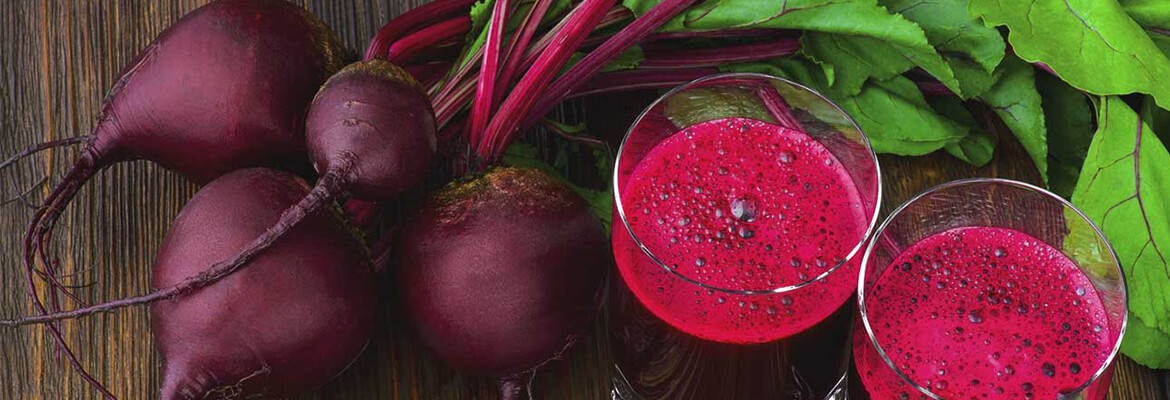Why have a kanji?
Kanji as a probiotic beverage, hails from the North of India. Traditionally made with black carrots, which are seasonal restricted to the Northern winters. It has bloomed into many variants: for example, in all-through the year, we get a steady supply of beetroots, and with my clients I generally make them have it with beetroots.
Its main benefit is the fact that because of being fermented, it is rich in probiotics (good bacteria). With Indians mainly relying on yogurt for lactobacilli, the kanji becomes a great alternative for vegans, and in compatible with the Macrobiotic tradition of staying plant-based (most times, unless constitution demands to be non-vegetarian).
I keep re-iterating the multitude of benefits of good bacteria, as one of the core foundations of Macrobiotics is centered like Ayurveda on gut health. A good healthy dose of replenishing the gut ecosystem, will aid as an anti-inflammatory food that will prevent the body from getting into a condition of inflammation. A kanji is rich in antioxidants, has a great pool of nutrients: both vitamins and minerals.
NOTE: A kanji is not generated through LAB (Lacto Acid Bacteria) fermentation i.e., when we create a fermented product by cutting of the oxygen supply to cultivate many more live bacterial strains. However, a sauerkraut or kimchi use this process.
Kanji
Ingredients:
- 8 cups Water
- 1 1/4 tbsp Mustard or rai powder
- 1 ½ tsp Salt
- ½ tsp Black salt (kala namak) optional
- Pinch of Asafoetida (optional)
- 1/2 tsp Red chili powder
- Carrots or beetroot – ½ kg
Directions:
- Boil 8 cups of water. When the water boils, remove pan from fire and let it cool.
- In a pitcher or jar with a lid, add all of the ingredients in the water and mix well.
- Add Carrots or Beets.
- Keep the pitcher in the sun for 2-4 days, make sure to stir it once or twice daily.
- After 2-4 days when it turns sour, it can be kept in the refrigerator and used as required.
- Serve chilled. Carrots and Beets can be eaten.
- Kanji remains fresh for up to 2 week in refrigerator.

